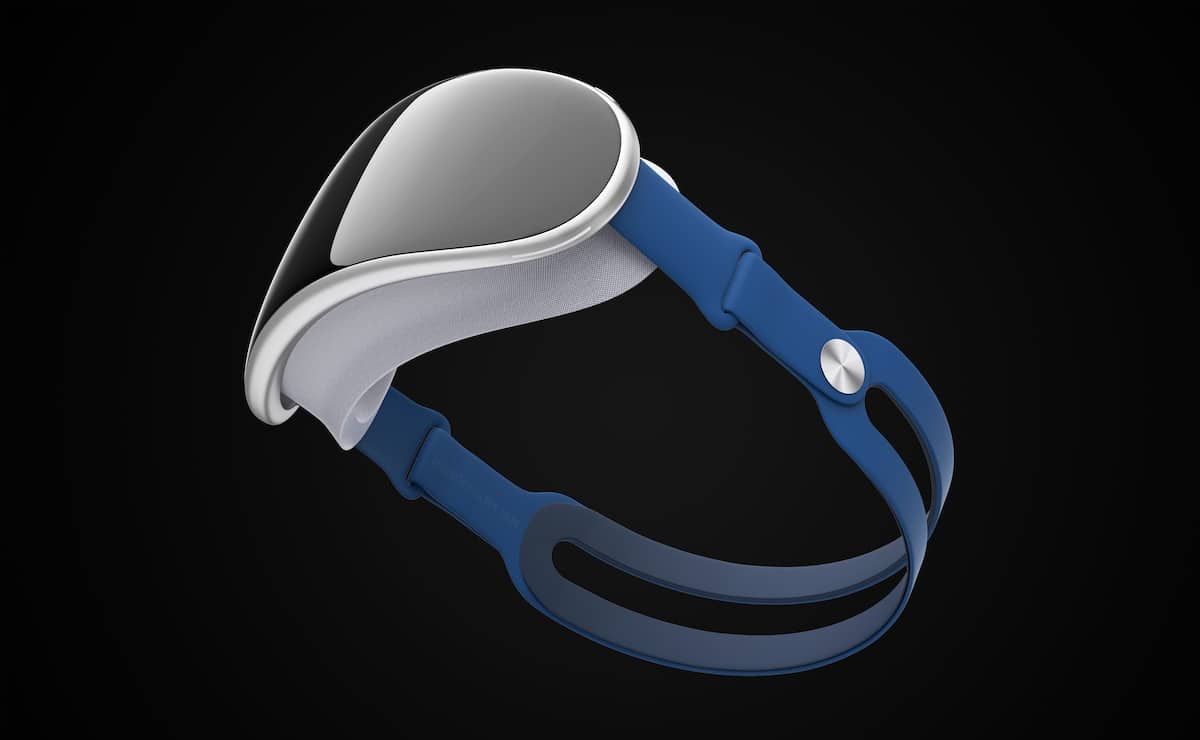Before even officially launching its first AR/VR headset, Apple is already working on its second-generation headset, which is expected to launch in 2025. As per analyst Ming-Chi Kuo, the new headset will feature both a higher-end model, as well as a more affordable model. Both of these variants of Apple’s second-generation AR/VR headset are expected to launch in the first half of 2025.

New week, new month, new launch date predictions for Apple’s AR/VR headset
As per Ming-Chi Kuo’s blog:
The second-generation Apple AR/MR may have high-end and more-affordable models, which will launch in 1H25, and component suppliers will start shipping in 2H24.
He also goes on to say that the shipments for Apple’s AR/VR headset may reach 10 million units by 2025 or 2026.
Take all of this with a grain of salt though. We had previously heard that Apple could launch its headset this year, probably by WWDC 2022. However, it did not happen. The dates keep getting rumored and delayed. It will be interesting to see if and when Apple launches its AR/VR headset, and how it differs from the competition. Whether you like it or not, Meta is far ahead from the rest when it comes to VR, and Apple will have to beat Meta to dominate the VR industry.
Apple’s mixed-reality headset is expected to launch in January 2023 with two M1-like chips which will power three displays based on OLED technology. The displays will feature 3,000 PPI and Fresnel’s hybrid ultra-short focal length lenses.
The use case for Apple’s headset will be for short periods of use. The first generation headset will cost several thousand dollars and will be targeted toward professionals and developers to expand Apple’s AR/VR ecosystem.
It was previously speculated that Apple will launch its first AR glasses by 2024 with the second-generation AR/VR headset, while Ming-Chi Kuo himself said last month that the second-generation AR/VR headset will launch in second-quarter of 2023. Now that he’s predicting a launch in first half of 2025, it is difficult to believe whether the new prediction is more accurate than the last one.
Read more: